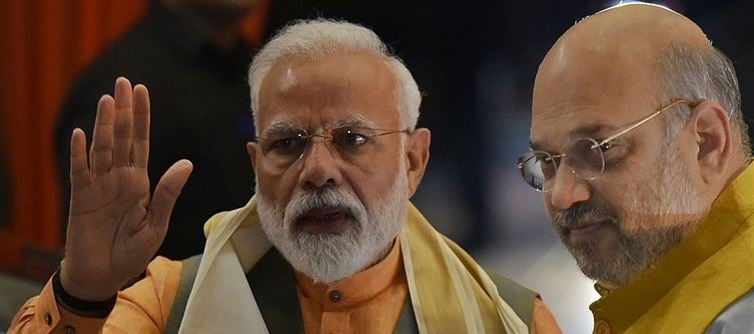
The political ramifications of the incident have intensified with BJP’s own veteran leader Subramanian Swamy openly criticizing prime minister Modi and calling for the sacking of home minister amit Shah. Swamy’s tweet—“What is the use of Modi giving a condolence from abroad? This kashmir perfidy is the worst. Modi to save his skin must sack the Union home minister amit Shah.”—has stirred the political landscape, reflecting a growing sentiment even within the ruling party that accountability can no longer be evaded. Such a strong indictment from a senior bjp leader signals a crack in internal party consensus and puts immense pressure on the prime minister to take concrete action rather than merely issue symbolic gestures.
For a government that has long projected itself as tough on national security, the Palagama attack is not just a tragedy but a moment of reckoning. Condolences and condemnation are not enough in the face of repeated failures; what the country needs is structural reform, strategic overhaul, and responsible leadership. The growing clamor for amit Shah’s resignation is not just about political scapegoating—it reflects the public's demand for accountability at the highest levels. If the bjp is to maintain any credibility on its national security narrative, it must confront this crisis head-on with transparency, take tough internal decisions, and recommit to protecting its citizens, not just through rhetoric but through tangible, effective governance.




 click and follow Indiaherald WhatsApp channel
click and follow Indiaherald WhatsApp channel